What do you see as the greatest opportunity to increase the success of college and university parking operations?

Jennifer I. Tougas, Ph.D., CAPP
Director, Parking and Transportation Services
Western Kentucky University
Our primary audience, the students, are Gen Z digital natives. We need a strong digital presence to meet them in their space!
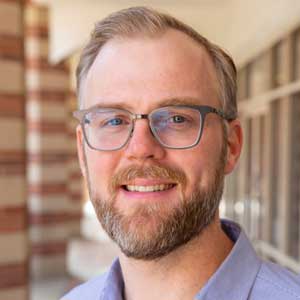
Chris Lechner, CAPP
Assistant Director for Analytics
UCLA Events and Transportation
Commitment to customer service through flexible parking options. The pandemic has shifted parking and mobility demands for every customer base served by university parking operations. Re-examination of old rules in light of the next normal will ensure that mobility operations are problem solvers for the university community.
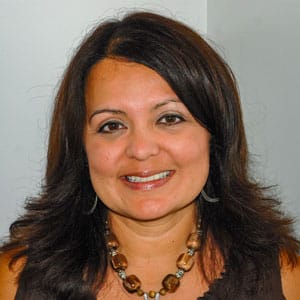
Marlene Cramer, CAPP
Director, Transportation and Parking Services
Cal Poly, San Luis Obispo, CA
The greatest opportunity to increase the success of university parking operations is to have a strong, meaningful relationships and connections to the campus. Like any personal relationship, having a healthy, meaningful relationship requires attention and intention to cultivate and grow the relationship. Take initiative to reach out and connect with your campus partners, offer information, new ideas, solutions, and always be willing to listen.
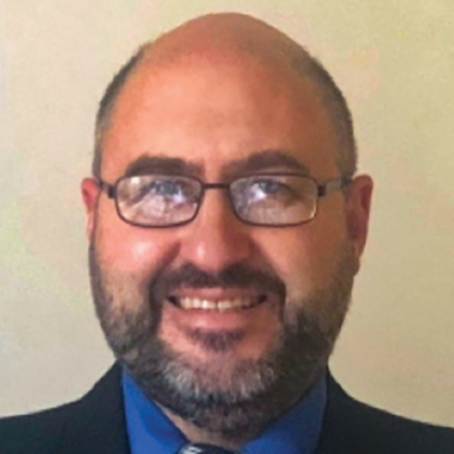
Josh Cantor, CAPP
Director, Parking & Transportation
George Mason University
The greatest opportunity to increase the success of the operations is to better use data and analytics to guide decision making. With major changes in teleworking and online classes, better understanding the needs of our customers and right-sizing operations and programs while maximizing revenue and creating efficiencies is our end goal, while still supporting the larger mission of providing access for the university community.
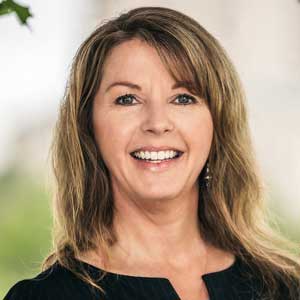
Debbie Lollar, CAPP, MS
Executive Director, Transportation Services
Texas A & M University
Services we provide and communication between our operations and our customers will continue to get more automated. By default, we will have less personal interaction with customers. As we are developing technical solutions, keep simplicity and service in the forefront of our minds. And there is no substitute for good, personal service when issues arise.


Scott C. Bauman, CAPP
Manager of Parking & Mobility Services
City of Aurora Public Works Department
Putting on my former university parking manager’s hat, I’d say the greatest opportunity to increase success in today’s university environment is to leverage and capitalize on social media to communicate, educate, and make meaningful connections with the student body. Perhaps acquire a talented marketing/advertising work-study student to send 100% of their time increasing the department’s footprint on all online and social media sites while also promoting and growing your subscriber numbers to increase your social presence on campus.
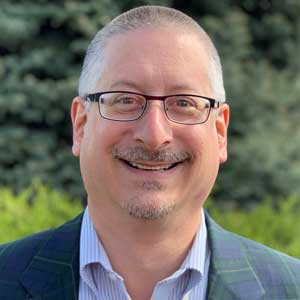
David J. Lieb, TDM-CP
Principal, National Director of Higher Ed Mobility Planning
Walker Consultants
Don’t think of yourself as a “parking operation.” Embrace the notion that what people are looking for is access and mobility. Offer solid alternatives, including parking, transportation demand management (TDM), and commuter support services. That can be the path to equity and cost savings for the campus and its commuters.
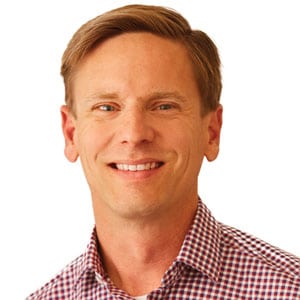
Victor Hill, CAPP, MPA
Account Manager
T2 Systems
Virtual permitting. Your plate is your permit, and it opens up countless opportunities to provide more—and better—options for anyone who parks on campus. Coupled with a strong infrastructure, it becomes an integral part of managing both parking and the curb.
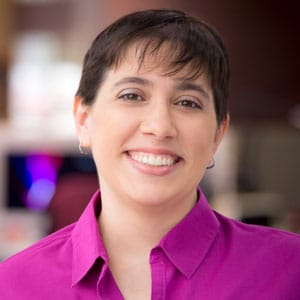
Vicky Gagliano, CAPP, LEED AP
Director of Parking Studies
THA Consulting
COVID has provided college and university parking directors with an excuse (opportunity, really) to restructure and explore how to better utilize their dwindling parking assets. No longer can academic administrators hold them to the traditional parking permit and hierarchy model or “how it’s always been done” with the new teaching and learning methods that have been put into place these past few years. These changes, and the new ways students attend classes, can breathe new life into parking systems that were operating right on the edge and provide better options for all user groups.
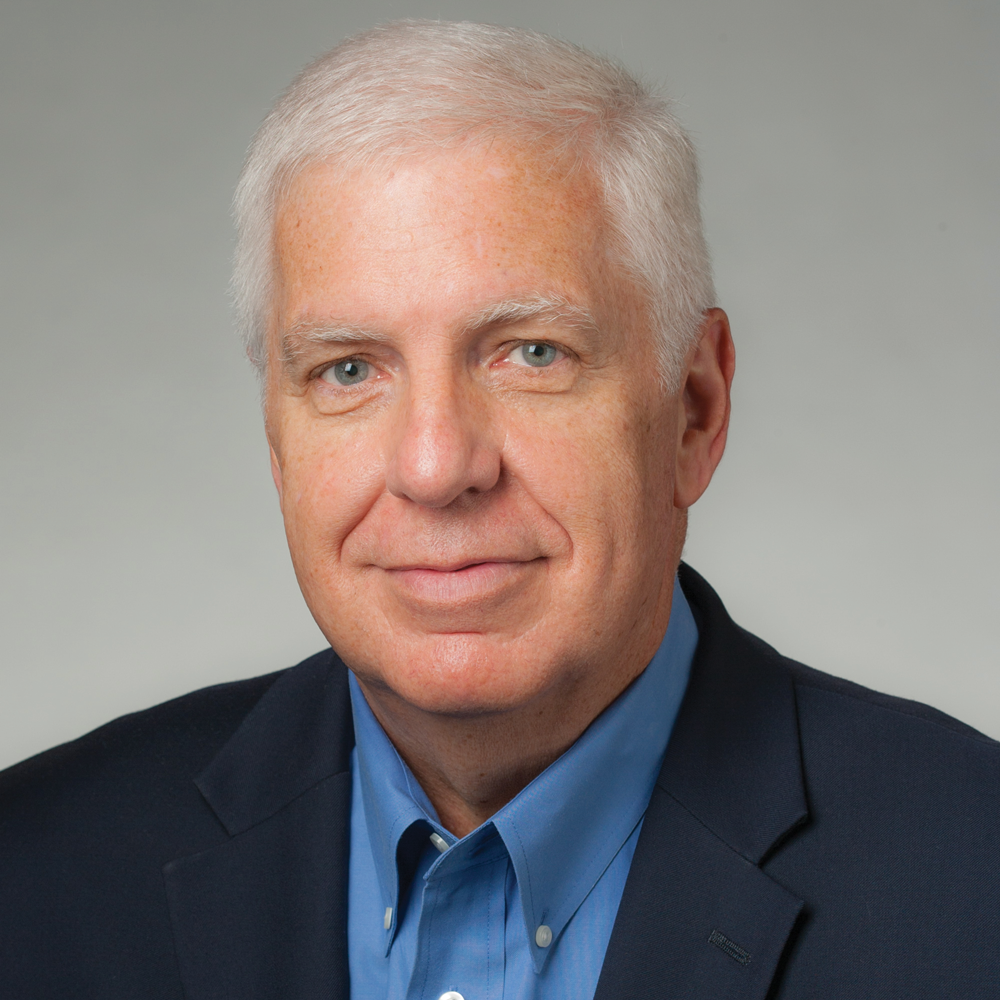
Jim Anderson
Market Development Manager, Building Solutions Team
MBCC Group
Continue to digitalize your parking operating plans and systems to better understand your university parking user constituency, time and space demand, campus access and mobility, and safety for value delivery.
Gave a question? Send it to [email protected] and watch this space for answers from the experts.
The opinions and thoughts expressed by the contributors do not necessarily reflect the opinions and viewpoints of the International Parking & Mobility Institute or the official policies of IPMI.




